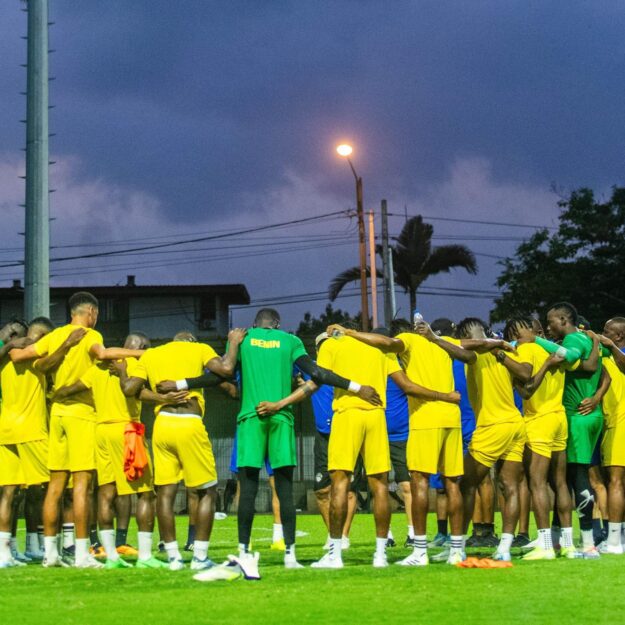
Japan will proceed with a previously planned naval deployment to the Middle East despite increased risks in the region after President Donald Trump warned Iran of major retaliation if it sought revenge for the U.S. killing last week of a top general. Prime Minister Shinzo Abe, whose country has a military alliance with the U.S. and good ties with Iran, told a news conference Monday that Tokyo was deeply concerned about rising tensions. The comments were Abe’s first since the attack, and came hours after Iran said it would abandon limits on uranium enrichment, leaving a landmark 2015 nuclear deal dead in all but name. “Any further escalation should be avoided,” Abe said in Ise, Japan, adding that he planned to proceed with the dispatch of Self-Defense Forces to gather information that could help protect Japanese-related shipping in the Middle East. “I call on all of those involved to make all possible diplomatic efforts to calm tensions.” Japan’s cabinet on Dec. 27 approved sending an SDF ship to waters around the Middle East on an intelligence-gathering mission. No date has been officially set for when the warship will arrive in the region, which accounts for almost 90% of the country’s oil imports. Japanese officials have repeatedly said this will be separate from U.S.-led operations in the area, which U.S. Secretary of State Mike Pompeo had invited Japan to join. The Japanese public is divided over the dispatch, with a survey by the Asahi newspaper conducted Dec. 21-22 finding 37% of respondents in favor of the mission and 44% against. A poll conducted by the Nikkei newspaper last month found 49% of respondents in favor and 38% against. Abe has sought to maintain historically warm ties with Iran, even as its standoff worsened with the U.S. — Japan’s only military ally. While backing the Iran nuclear deal, Japan has complied with sanctions by halting oil imports from the country, according to government data. Iran Says Not Bound by Nukes Deal in New Soleimani Fallout Trump has doubled down on threats to Iran, saying Sunday that cultural sites are among 52 targets he plans to hit if Iran retaliates for Qassem Soleimani’s death. Abe in 2019 became the first sitting Japanese prime minister to visit Iran in 40 years. In December, Hassan Rouhani became the first Iranian president to visit Tokyo in 19 years, even as the U.S. sought to cut off Tehran’s exports. South Korea, another Asian nation heavily reliant on oil shipments from the Middle East, stepped up its naval presence in waters off Yemen in November. The move came after Yemeni Houthi rebels released three ships they seized earlier that month, which included two vessels from South Korea and one from Saudi Arabia. The Iran-backed Houthis have been fighting a Saudi-led military coalition since 2015, a war that has regularly sent tensions in the Gulf soaring. South Korea was planning to hold a meeting of its National Security Council on Monday to discuss developments in the Middle East.
You may be interested

AFCON 2025Q: Benin Republic Hit By Another Injury Blow
Webby - November 13, 2024Benin Republic will be without two more players for their 2025 Africa Cup of Nations qualifying matches against Nigeria and…

Dier Set To Depart Bayern In Summer
Webby - November 13, 2024Eric Dier is likely to leave Bayern Munich at the end of the season according to transfer expert and Sky…

‘I Want More’ — Dessers Declares After Scoring 10th Goal For Rangers
Webby - November 12, 2024Cyriel Dessers is eager to score more goals for Scottish Premiership club Rangers.The striker has been in impressive form for…





















![American Pastor, David Wilson Seen Eating The Box Of Woman Who Isn’t His Wife [Video]](https://onlinenigeria.com/wp-content/uploads/2019/10/american-pastor-david-wilson-seen-eating-the-box-of-woman-who-isnt-his-wife-video-150x150.jpg)









